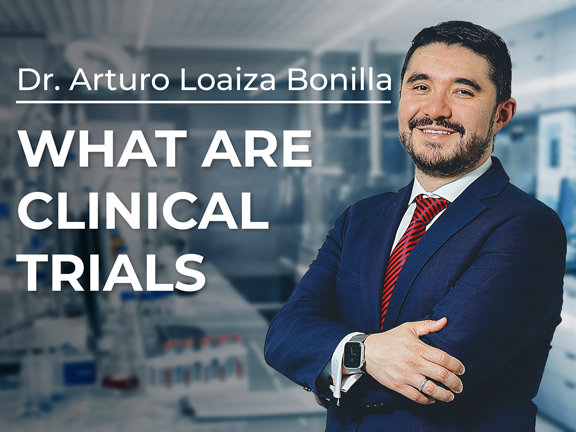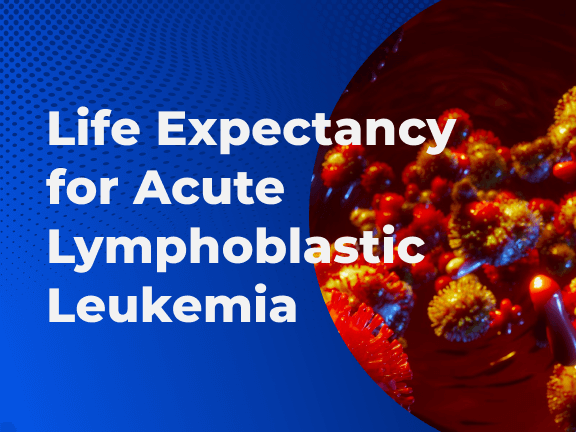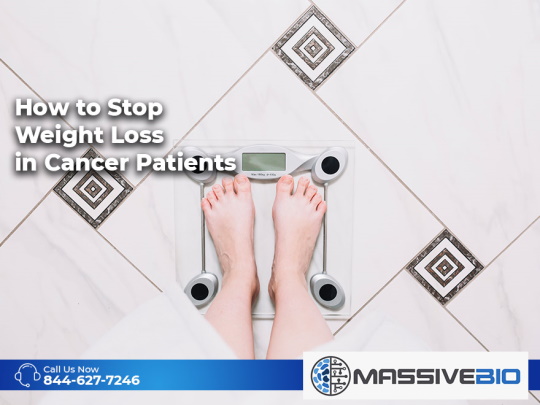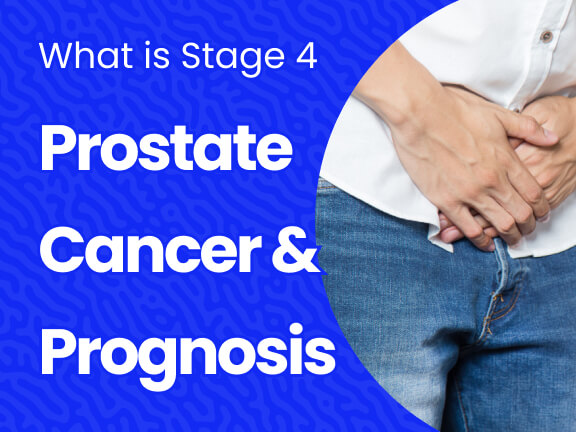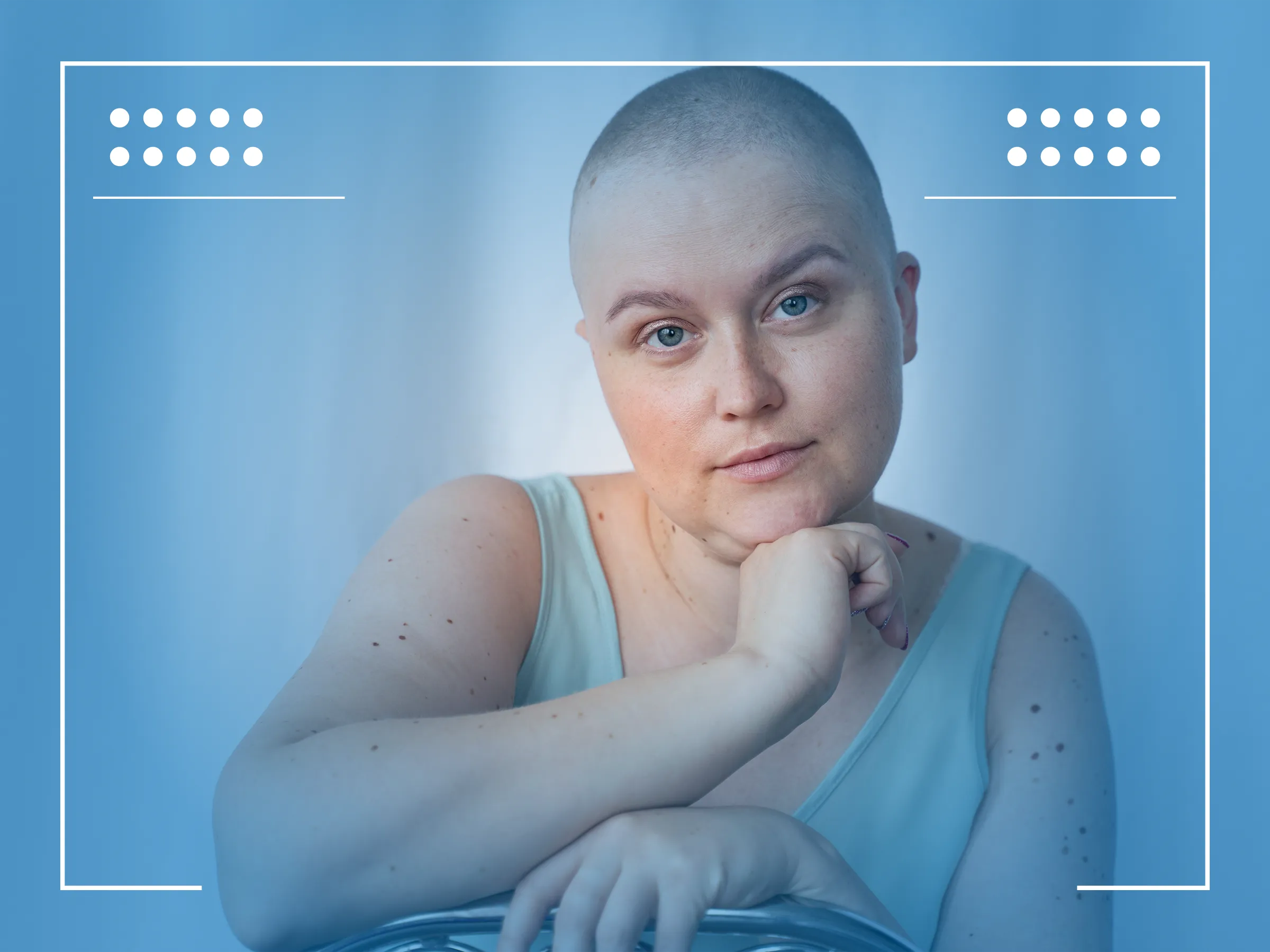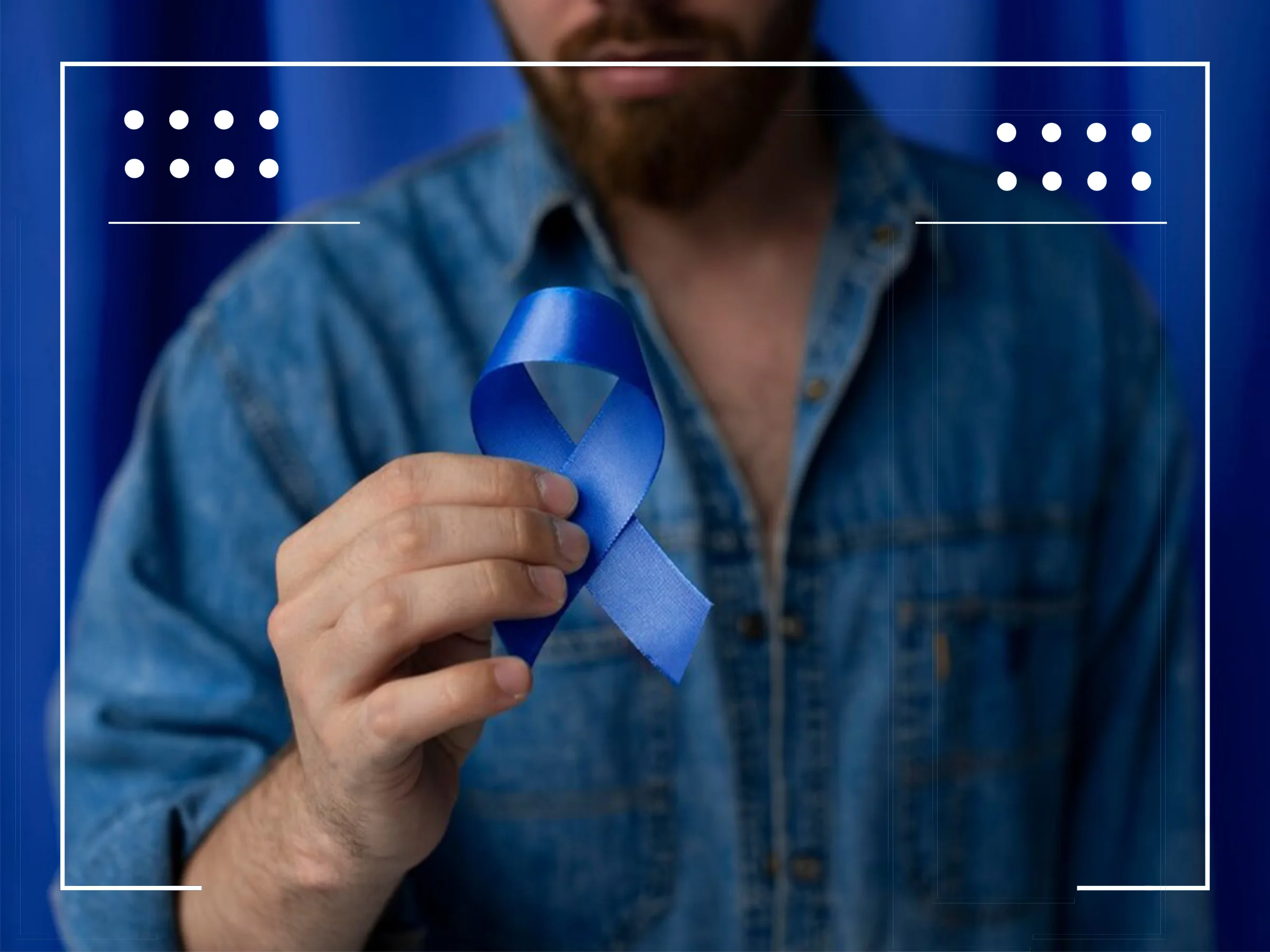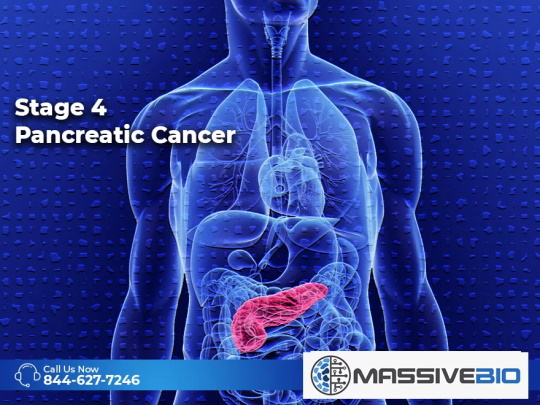In a new video, Arturo Loaiza-Bonilla, MD, co-founder and chief medical officer of Massive Bio, explains how clinical trials work, what to expect if you sign up for one, and why clinical trials can be an important treatment option for many cancer patients.
Cancer is an unfortunate reality that has touched many of us at some point. If you or a loved one has cancer, you may have heard or read that clinical trials can provide access to innovative treatments. But what exactly is a clinical trial? In a video titled “Massive Bio Explains: What Are Clinical Trials?” company Co-Founder and Chief Medical Officer Arturo Loaiza-Bonilla, MD, *describes how clinical trials work, what to expect if you enroll in one, and why clinical trials can be an essential treatment option for many cancer patients.
All therapeutic innovations in the field of oncology have emerged thanks to clinical trials, yet most patients don’t have access to them, says Dr. Loaiza-Bonilla, an internationally renowned medical oncologist and researcher. While 12 million people are diagnosed with cancer in the United States each year, just 0.1 percent enroll in clinical trials. What’s more, many clinical trials are shut down prematurely because researchers fail to recruit enough patients to participate. The solution to these problems is to find a way to bring together patients and developers of new cancer treatments. Massive Bio is achieving that goal by using artificial intelligence-powered technology to rapidly match cancer patients to clinical trials of new oncology treatments.
Demystifying clinical trials can also help more patients consider enrolling in one, so Dr. Loaiza-Bonilla created this video to explain their purpose and how they work. Before a trial can be conducted, he says, a new molecule that appears to have potential as a drug is first studied in lab dishes and animals before developers can seek permission from regulators to test it in humans. If they receive the go-ahead, researchers conduct a phase 1 clinical trial, which is primarily focused on determining the proper dose of a drug and whether it causes severe side effects. In a phase 2 trial, a small number of patients receive the candidate drug as researchers evaluate whether it offers benefits and what side effects it might cause. If the drug appears safe and promising, it will be tested in a larger group of patients in a phase 3 trial. If that trial demonstrates that the drug’s benefits outweigh any risks, it can be submitted to the U.S. Food and Drug Administration (FDA) for approval.
Some clinical trials test combinations of drugs, explains Dr. Loaiza-Bonilla. “We use many drug combinations for cancer in clinical trials because we are trying to optimize the treatment options available,” he says. “Because we know that many existing drugs do not lead to a cure or a lasting response, we are trying to find new ways to use these drugs in combination. We’ve been able to achieve this with certain tumor types and certain biomarkers, but there’s a lot of room to grow.” For patients, he notes, participating in a clinical trial offers both a potentially effective treatment and an opportunity to help advance medicine for the benefit of others.
“At Massive Bio, we believe that all cancer patients, regardless of where they live or their ability to pay, deserve equal access to cutting-edge treatments and emerging clinical trials,” said Dr. Loaiza-Bonilla. “If you go back and find that 99.9 percent of cancer patients in the United States were not even aware of the options before them, clinical trials could be a new option that could improve patient survival, reduce toxicities, and even be a potential treatment. It’s a great opportunity for all of us to come together and connect the dots.”



